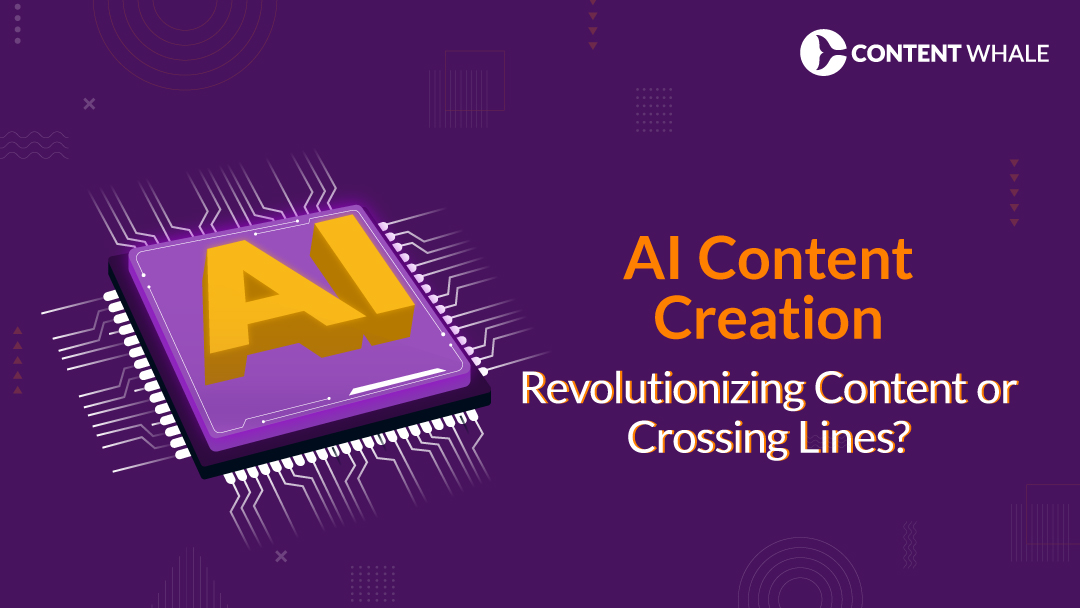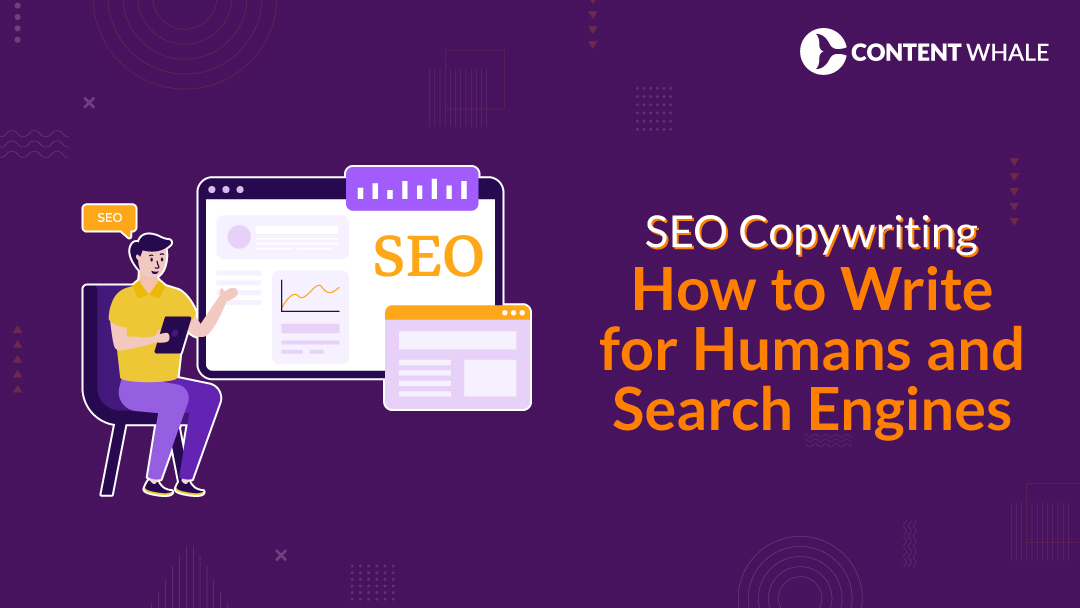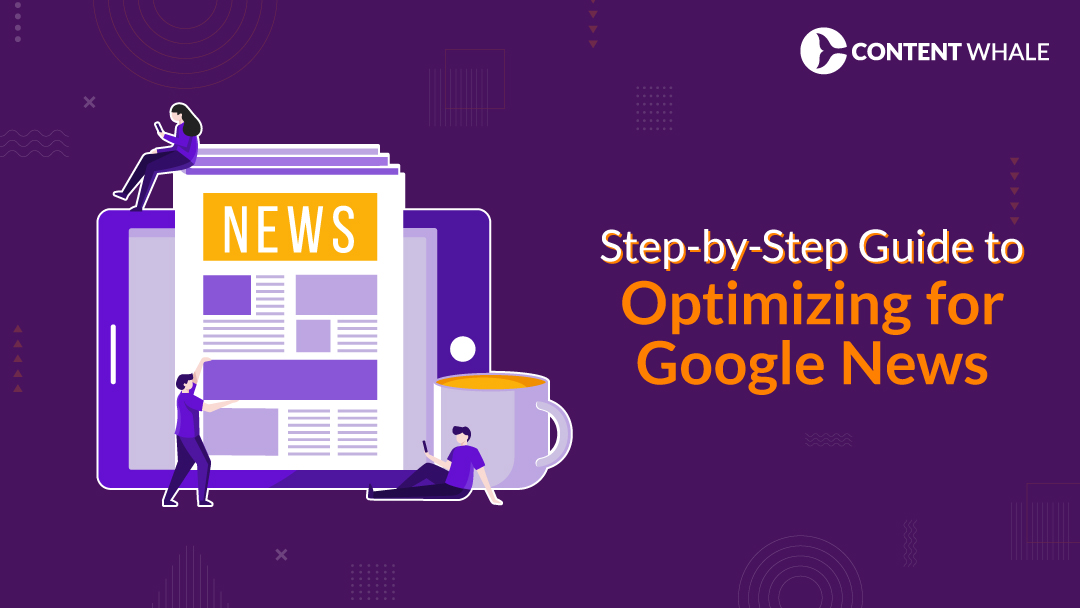Imagine a world where robots churn out captivating social media posts, pen movie scripts, and even write your favorite news articles. This reality is no longer science fiction but a glimpse into the rapidly evolving field of AI-powered content creation. This technology is fundamentally changing the digital landscape, blurring the lines between human and machine authorship and presenting both exciting possibilities and ethical dilemmas.
Here are some fascinating statistics to consider:
A 2023 Gartner report predicts that by 2025, AI will generate 20% of all business content.
A 2022 study published in Nature Machine Intelligence revealed that large language models (LLMs), a type of AI used for content creation, can be indistinguishable from human writers in terms of fluency and coherence.
How Large Language Models Will Transform Science, Society, and AI
This transformative technology opens doors to increased efficiency, personalized content experiences, and potentially even entirely new creative forms. However, it also raises crucial questions about job displacement, creative ownership, and the potential for bias in AI algorithms. As we navigate this evolving landscape, understanding the impact of AI content creation is vital for shaping a future that benefits both creators and consumers.
The Allure of AI: Efficiency, Personalization, and Scale
Proponents of AI-powered content creation highlight its undeniable advantages. These tools can:
- Boost efficiency: AI can automate repetitive tasks like summarizing data, generating drafts, and optimizing content for search engines, freeing up human creators to focus on more strategic aspects.
- Personalize content: AI algorithms can analyze user preferences and tailor content to individual interests, offering a more engaging and relevant experience.
- Scale content creation: AI can generate vast amounts of content quickly and consistently, making it ideal for platforms with high content demands.
For businesses, AI offers the potential to create targeted marketing campaigns, automate product descriptions, and personalize customer interactions. In journalism, AI can assist with data-driven reporting, fact-checking, and generating summaries of complex topics. Even individual creators can leverage AI to overcome writer’s block, brainstorm ideas, and optimize their content for wider reach.
The Ethical Minefield: Authenticity, Bias, and Job Displacement
However, the rise of AI-powered content creation raises several ethical concerns:
- Authenticity: Can AI-generated content truly capture the nuances of human expression and creativity? Does the widespread use of AI dilute the value of authentic human-crafted content?
- Bias: AI algorithms can perpetuate existing societal biases if trained on biased data. This can lead to discriminatory content or unfair representation of certain groups.
- Job displacement: As AI automates tasks, concerns arise about job losses in content creation sectors like journalism, marketing, and writing. How can we ensure a smooth transition and equip individuals with the skills needed to adapt?
Navigating the Gray Areas: Responsible AI Development and Human-Machine Collaboration
To harness the potential of AI-powered content creation while mitigating its risks, we need a multifaceted approach:
- Responsible AI development: Developers must prioritize transparency, fairness, and accountability in AI algorithms. Data sets used for training should be diverse and representative to avoid perpetuating bias. Explainable AI can help users understand how AI-generated content is created and identify potential biases.
- Human-machine collaboration: Instead of viewing AI as a replacement for human creators, we should embrace it as a powerful tool to augment human capabilities. AI can handle repetitive tasks, freeing up human creativity for higher-level thinking, conceptualization, and emotional expression.
- Upskilling and reskilling: As AI automates tasks, individuals need to be equipped with the skills to thrive in the evolving landscape. Educational institutions and businesses can provide training programs in areas like data analysis, critical thinking, and creative problem-solving.
The Future of Content Creation: A Symbiotic Partnership
In conclusion, AI-powered content creation is not a binary choice between friend and foe. It is a powerful tool with immense potential, but its ethical and practical implications require careful consideration.
By prioritizing responsible development, fostering human-machine collaboration, and investing in upskilling, we can navigate the complexities of AI and create a future where it empowers, rather than replaces, human creativity.
Expanding the Scope: Regulation and Psychological Impact
- Regulation: As AI-powered content creation becomes more sophisticated, questions arise about the need for regulation. Should there be guidelines on labeling AI-generated content? Should certain types of content, such as news articles or political speeches, be exempt from AI authorship? Regulating AI in the creative sphere is a complex issue with no easy answers, but open dialogue and collaboration between policymakers, developers, and content creators are crucial to finding solutions that protect consumers and ensure the ethical use of this technology.
- Psychological Impact: The widespread exposure to AI-generated content could have a significant impact on our perception of authenticity and creativity. As the lines between human and machine-created content blur, will we become less discerning of the nuances that distinguish them? Will our expectations of originality and emotional depth shift? These are important questions to consider, and further research is needed to understand the potential psychological implications of AI-powered content creation.
By exploring these additional points and fostering open dialogue, we can ensure that AI-powered content creation contributes to a richer, more diverse, and ethically sound digital landscape.
In navigating the future of content creation, a blend of AI’s potential with the unmatched depth of human creativity is key. Content Whale champions this synergy, offering purely human-generated writing services that preserve authenticity and emotional depth.
While AI introduces efficiency and innovation, Content Whale’s human-centric approach ensures our content writing services offer content that resonates on a personal level, maintaining the originality and emotional engagement that only humans can provide.
As we explore the balance between AI and human creativity, Content Whale stands as a beacon for quality, human-crafted content, enriching the digital landscape with genuine, impactful narratives. Together, we can shape a future where technology empowers creativity, promotes understanding, and enriches the human experience.





